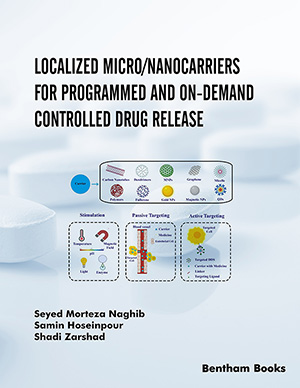Abstract
Methotrexate (MTX) is a folate inhibitor that is used successfully in treating a great variety of malignancies and autoimmune diseases. However, there are certain drawbacks to its use, as a significant percentage of patients do not respond to the therapy or develop serious adverse effects. In the last ten years there has been a growing body of evidence pointing to the clinical significance of polymorphisms in genes that are involved in the metabolism, transport, and function of folates and MTX. Indeed, many studies have shown that both the toxicity and the efficacy of this drug can be modified by the presence of these genetic alterations. However, there is also a great deal of contradictory evidence that has as yet prevented the acceptance of any definitive conclusions. This review aims to summarize current knowledge on the pharmacogenetics of MTX, dealing with the reasons for numerous reported discrepancies. The particular focus will be on studies analyzing interactions between single nucleotide polymorphisms (SNPs) along a certain pathway rather than following a single-SNP design. New approaches and future directions in the study of MTX pharmacogenetics will also be discussed.
Keywords: Methotrexate, polymorphism, folate, efficiency, toxicity, rheumatoid arthritis, acute lymphoblastic leukæmia




















